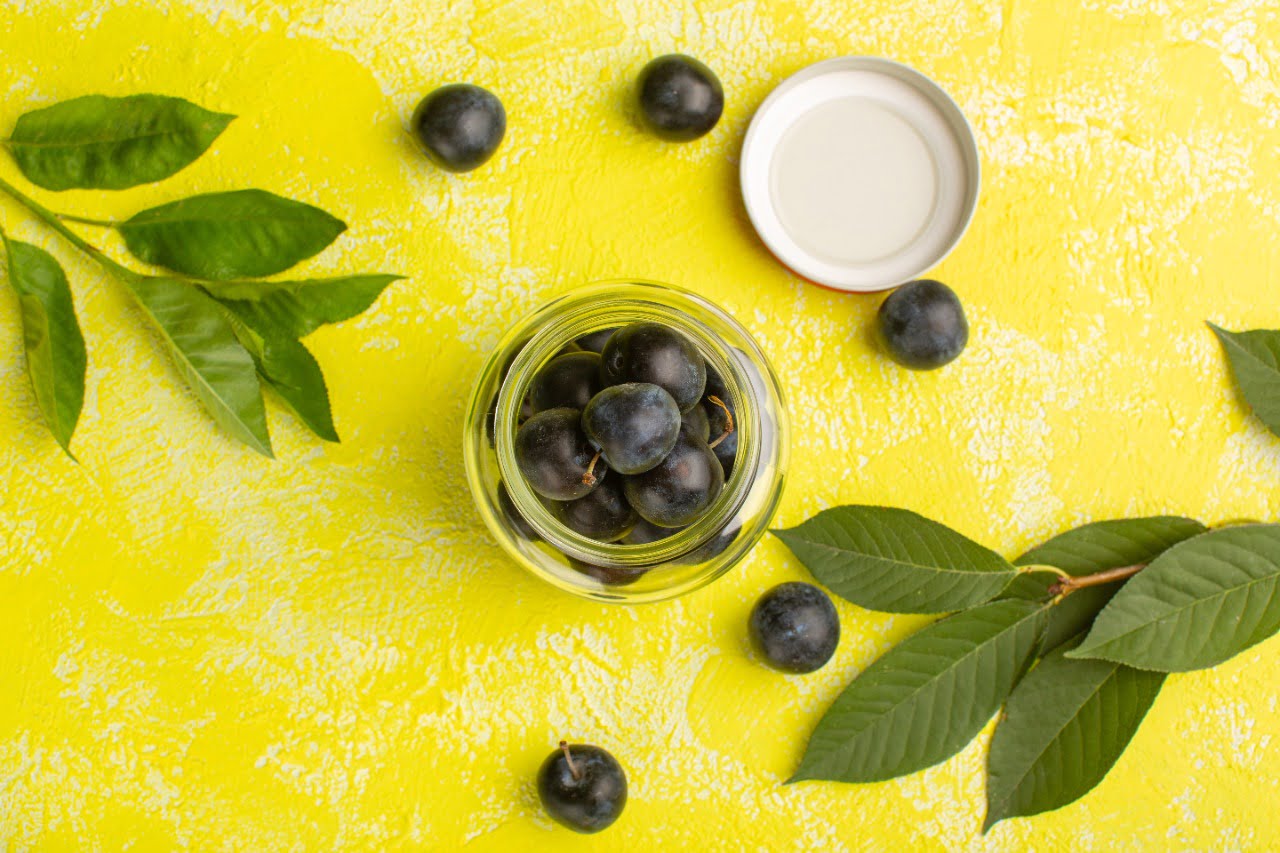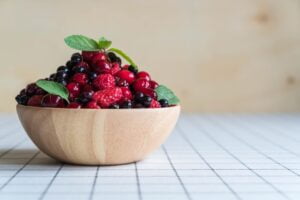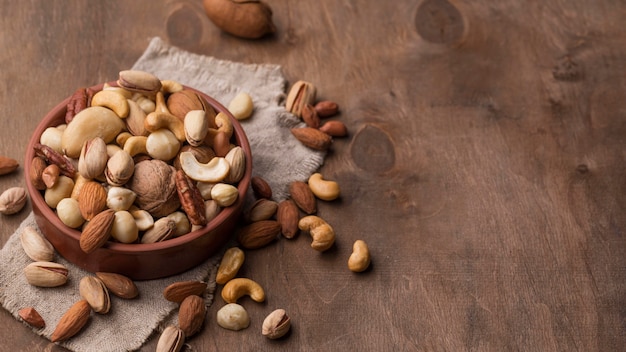Monsoon Diet Tips & Recipes for my Child
- Published on:
- Last update: 13 November 2023

Monsoon Diet Tips & Recipes
A change in weather compels a shift in diet. Children love the monsoon season because it promises fresh showers and rainbows. This season, every parent is concerned about their child falling sick. The best method to combat this is by providing our children with a healthy balanced diet. When they eat right, they don’t have to rely on medications and the food will keep them strong and hearty. Most children get these infections from the wrong food and drinks consumed during the monsoon. The food must be rich in all vitamins and minerals which can boost their immunity. As a parent, planning for the rainy season feasts is a crucial task.

Monsoons cause slow digestion, which is one of the reasons for tummy troubles during this season. The monsoons bring plenty of seasonal fruits with them which are exclusive only at this time. These fruits have useful antioxidants that naturally add protective power to the body after consumption. Nature’s holistic progression guarantees that Anthocyanin, Sorbitol, Isatin, and high quantities of dietary fibre found in green almonds, cherries, plums, and jamuns aid prevent monsoon-borne illnesses.

Fresh monsoon berries are also a wonderful source of Vitamin C which in itself is an energetic antioxidant. Letting our kids eat food like seasonal fruits and berries is a cautious and significant method of securing their health during the rainy season. Packed with vitamin C, potassium, and magnesium, bananas, cherries, oranges, lemons, peaches, and guavas are perfect for boosting the immune system in a season when it’s the most required. The attractive vibrant color of pomegranates is not just for grace. It’s also a pointer to how antioxidant-rich this fruit is. Pomegranates have three times more antioxidants than green tea, making them the best choice for the monsoons.
Assure that the kids are being fed meat and fish either in the form of soups or curries as these are rich sources of protein. Not only does our body need this essential nutrient to compose and heal its tissues, but it also has a vital role to play in strengthening white blood cells that are responsible for combating infections. Vegetarians can choose protein-rich edibles like dal and cottage cheese as it is a well-documented truth that most children are meticulous eaters who shy away from consuming vegetables. Still, there is a huge amount of chlorophyll, dietary fibre, and effective nutrients that are only found in vegetables which is why they should be a component of your children’s monsoon meal plan.
Nutritionists recommend consuming vegetables rich in vitamin C and vitamin E. Cut it into interesting shapes, sprinkle it with lemon, salt, and pepper before spicing it up with grated cheese, and present our child with a healthy colorful vegetable salad. When children are cranky with their food then add vegetables to homemade pizzas and make them have it.

Eating roadside snacks or consuming roadside beverages like lemon water, buttermilk, colored beautiful sweetwater, chilled crushes, sugar cane juice, fruit sap, etc must be prevented as these are powerful sources of infection through the water. There are many food items that your baby cant eat and you must be cautious on the same. Healthy fuits and vegetables, and drinks our children consume in the rainy season should be cleaned properly before consuming. Presenting homemade fruit crushes, chocolate shakes in brilliantly shaded glasses and cute jars captivates our kids in consuming them. Smoothies, milkshakes, and fruit yogurt will support in breaking the monotony for the children and improve their immunity as well. In the case of snacks, sandwiches with delightful fillings like spinach and corn, mushroom and tomatoes, eggs and cheese, etc on bright plates with lovely dips will help to grab the child’s attention faster. To make it all the more fascinating for children, we can consider incorporating them in sandwiches, soups, eggs, or healthy dishes.
During the monsoon season, it is normal for our children to wish to go out and play outdoors while celebrating the freshness of monsoon showers. Kids are inclined to develop runny noses at the slightest stimulus. Fortunately, it is a scientific truth that the incorporation of exact spices in food like garlic, peppercorn, basil, thyme, turmeric, coriander, and ginger paste in regularly boiled food will enable the growth of a healthier immune system for our children. They will naturally be safeguarded against catching a cold in the monsoon season.
I often feed my kids with turmeric milk masala as it is a quick and easy way for them to get the medicinal advantages of turmeric. Turmeric is one of the best foods that save my family against illnesses of all types. Turmeric is antibacterial, antiviral, antifungal, and anti-inflammatory; in Ayurveda, it is considered nature’s antibiotic. When crushed, garlic discharges several sulfur compounds which are accountable for its broad health benefits. As far as monsoon infections are concerned, various researchers have found garlic to be reasonable in treating the common cold and flu. Garlic also stimulates bone health, particularly for growing children and garlic soup recipes or rice dishes can be effective. Ginger is a spice that has several medicinal benefits, to an extent that it is considered a must-have during the monsoon season. Ginger has essential compounds like Gingerol which promptly support in tackling flu, improved body temperature, body pains, and throat discomfort.

Nuts and dry fruits are some of the promising and nutritious foods to have during the monsoons. They are little powerhouses of nutrients. Apart from that they boost circulation and increase immunity. This can facilitate a common feeling of wellness in you and your kids even when there are diseases all around. I often feed my kids with a mix of dry fruits. You should use dry fruits powder and mixed nuts powder as nuts and dry fruits pose a choking threat for very young kids. Dry fruits like Walnuts, Raisins, Almonds, and Dates are good sources of necessary antioxidants, nutrients, and vitamins. Apart from being rich in proteins, nuts and dry fruits are also sources of good fats.
Share this post:

